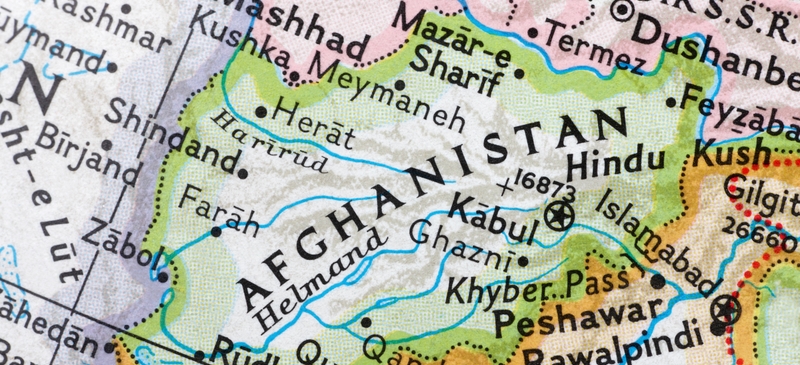
A new political bargain in Afghanistan
Reports by official US agencies, such as the Government Accountability Office, make it crystal clear: the Afghan government is stealing money from the international community and from the Afghan people, on an alarming scale. US and European officials in Kabul are dismayed but seem paralysed: their response is to vow to ‘stay the course’. That course is now at a dead-end. A new political bargain with Kabul is urgently needed if the Afghan government and its foreign backers are to win the support of the country’s population.
Afghans are angry that the US and its allies have given so much to the very few and the very corrupt. A widespread view has taken hold that the US and its allies have deliberately corrupted the country’s elite. Afghanistan is one of the poorest countries in the world, and the US and its allies fund the Afghan government almost completely. The Americans, the reasoning goes, could not have provided almost $70 billion of assistance to Afghanistan since 2002 without dominating their junior partner in Kabul – so corruption must be the West’s fault.
Few in Afghanistan are willing to entertain alternative explanations such as incompetence, poor policy and weak coordination on the part of the allies. They do not see the US, the most powerful and technologically advanced of countries, as being capable of such bungling. Conspiracy must be the obvious explanation. In government circles in Kabul, many whisper that the US covets Afghanistan’s considerable natural resources, or that the country is to become a permanent military base for the US and its allies. Many Afghans do not believe that foreign forces are in Afghanistan to help them – otherwise, why would NATO tolerate the widespread abduction, torture, extra-judicial killings and incarceration without trial by the very Afghan security forces that it trains and pays for? And why have the allies persevered with a war ostensibly fought against terrorists when al-Qaeda has been gone since 2002? Despite a decade of unprecedented financial generosity, the West is perceived as the principal cause of, rather than the solution to, Afghanistan’s problems.
The irony is that the US does not control its Afghan ally – it needs Kabul as much as Kabul needs the US. America’s exit strategy relies on the Afghan government improving its performance. US military commanders have long been convinced that corruption, including a broken justice system, is a critical recruiting sergeant for the insurgency. But no improvement in governance is evident – the US exit strategy is designed for a political context that does not exist. When the US has tried, half-heartedly, to press Kabul to tackle corruption, the Afghan government has responded with meaningless gestures or outright obstruction. Rather than recognising that its strategy is wrong and doing something to change it, over the last few years Washington has talked itself into a campaign of escalating military operations and increased aid. The main beneficiaries of much of this increased assistance are the very people whom the US failed to compel to tackle corruption in the first place.
As more money is poured in, Afghanistan’s banking system has become a source for embezzlement by the country’s elite. A US investigation into New Ansari – an investment agency closely linked to the family of President Hamid Karzai and several cabinet ministers – revealed that up to $2.5 billion of international aid money was funnelled out of Afghanistan to Dubai through New Ansari and other couriers in 2009 alone. Afghan officials who tried to investigate such abuses, such as the former deputy attorney general, the head of the major crimes task force and the governor of the central bank, were stripped of office, imprisoned or intimidated into silence.
The political alternative left to the US and its allies is to make clear to Kabul that they are ready to take their money off the table (NATO is already scheduled to withdraw most troops by 2014). In doing so, the West would have to hope that the Afghan government’s instinct for self-preservation would force it to change its ways: without foreign military assistance and financial support, an unpopular government might not last long. The US and other donors should link future support to a demonstrable, dramatic reduction in corruption, meaningful negotiations with reconcilable elements of the insurgency and a commitment to fair elections. There is no point in continuing to fund a government that is so self-serving and corrupt that it stands no chance of increasing its credibility with the Afghan people. That runs contrary to every counter-insurgency experience and manual.
